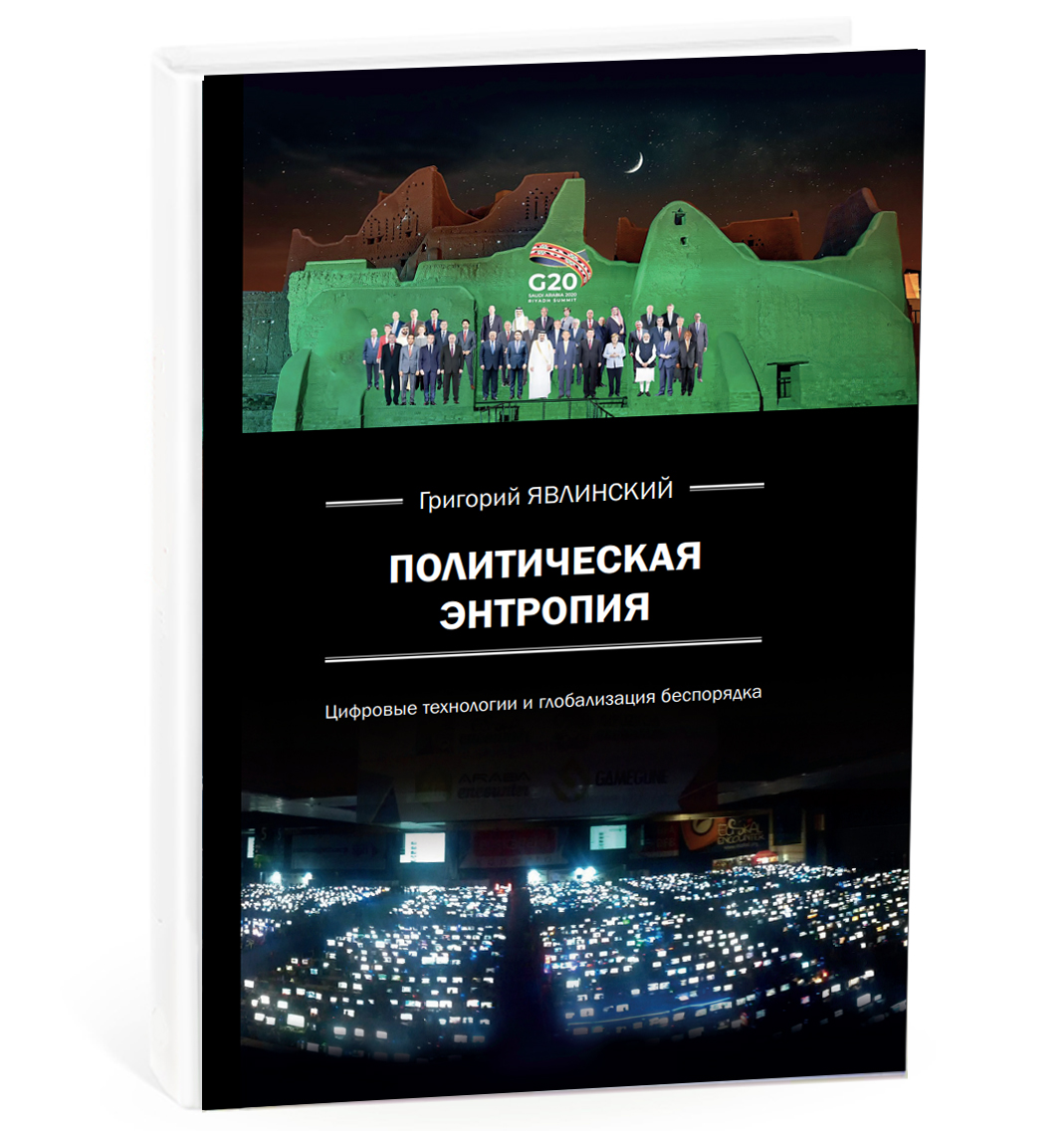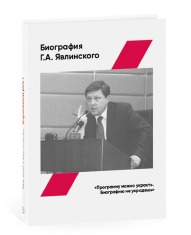Dear friends,
This is a part of the interview I gave on Friday to Channel 1 on their request for Sunday night news on the 20th anniversary of privatization in Russia. The channel did not show it… It is a pity, as the topic is important and the fruits of this ill-conceived privatization have been still affecting our living.
Here comes the answer to the journalist’s question whether there was any alternative privatization program.
Yes, there was another programme which I developed. This programme envisaged that all the money accumulated by people in the Soviet period had to be used for purchasing of assets. At that time money in the hands of the population amounted to about 10 trillion roubles, [this was money] in different forms including population’s savings in the Savings Bank that, according to conservative estimates, amounted to approximately 315 billion roubles. According to the dollar/rouble rate of 2007, the savings, and not only those kept in the Savings Bank, but all kinds of savings, including the State Insurance Bonds and securities, reached, according to the recent estimates, about 350 — 380 billion roubles. This is what had been cumulated throughout the Soviet period.
My programme implied that the money should be spent on the purchase of, as it was called then, the «means of production» or, as it is today called, the assets. Then there was a very large imbalance between the amount of money in hands and the commodity weight. In fact, the commodity weight reached only 14 kopeks per a rouble of savings. This means that a person intending to spend a rouble could find goods only for 14 kopeks. However, if our privatization programme had been implemented, then hairdressers’, small shops, trucks, that is, all what constituted small and medium privatization could have added to the traditional goods (such as suits, sausage, or whatever was sold in the Soviet Union then).
First, a middle class would have emerged. Second, no one would have felt cheated. Third, people would have cherished it, because they bought it for their own money, and what could be also important, their parents’ savings or even savings of previous generations would not have been wasted or lost. are not lost to their parents, and even earlier generations.
But different programme with the so-called privatization vouchers was adopted instead, and it was virtually a deceit, the most banal deceit. However, it was a large-scale deceit, unprecedented in history, as 150 million people were simply caught up in a shell game.



